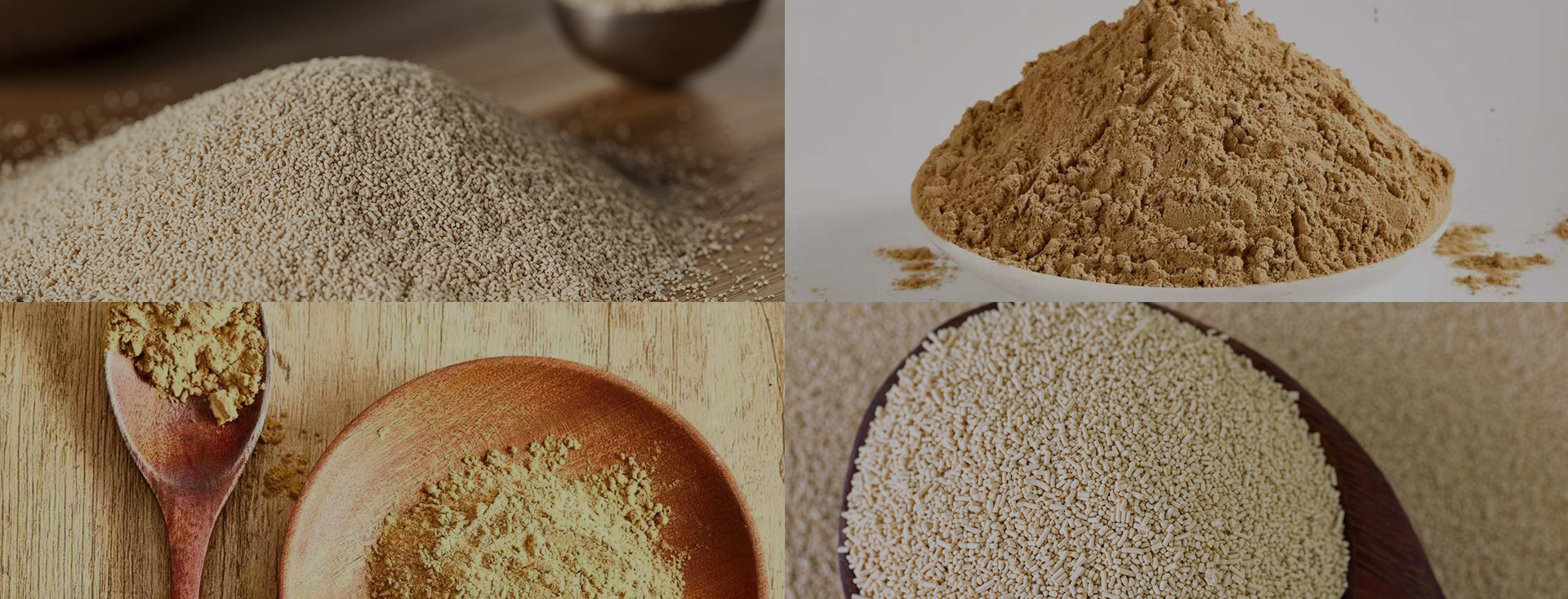Feed Additives
Feed Additives
In feed additives or additive premixes, as well as in feed, it can reduce the use of high zinc in feed while also preventing diarrhea and promoting the growth and development of pigs.
Participates in the blood coagulation process, ensuring that animals can quickly stop bleeding when injured. Closely related to bone health, it helps in the strong development of animal bones.
Mainly used as a flavoring compound to enhance the palatability of animals, improving the taste and attractiveness of feed.
Attract feeding, enhance digestion and absorption, promote growth, improve animal vitality, and enhance meat quality
Significantly reduce gastrointestinal pH, improve eggshell quality, enhance production performance and health status, advantages as an acidifier
Decompose anti-nutritional factors, enhance nutritional value, improve feed palatability and preservation, immune regulation functions, environmental protection and resource utilization









